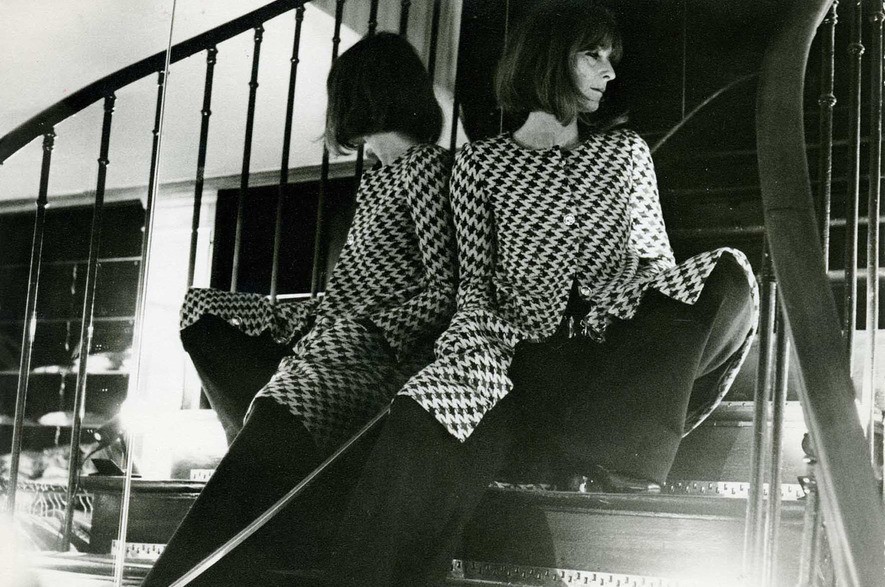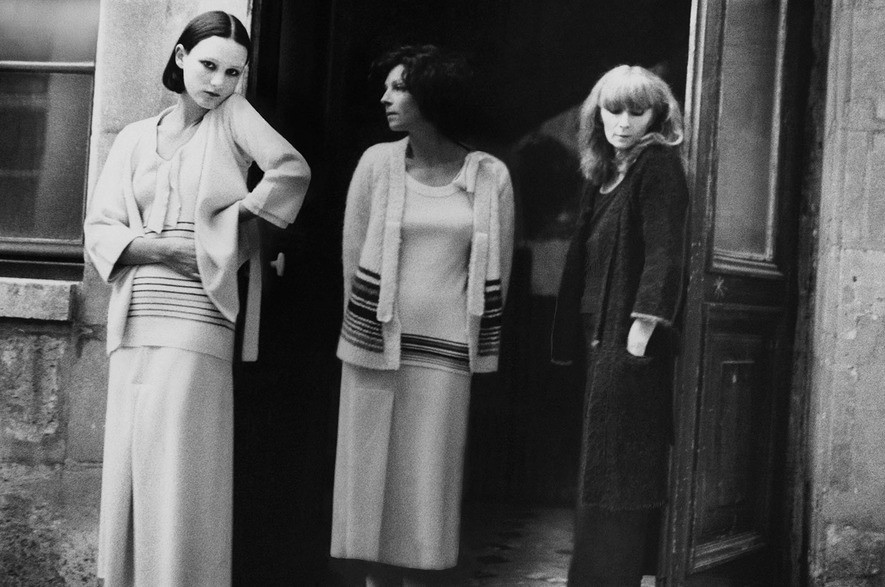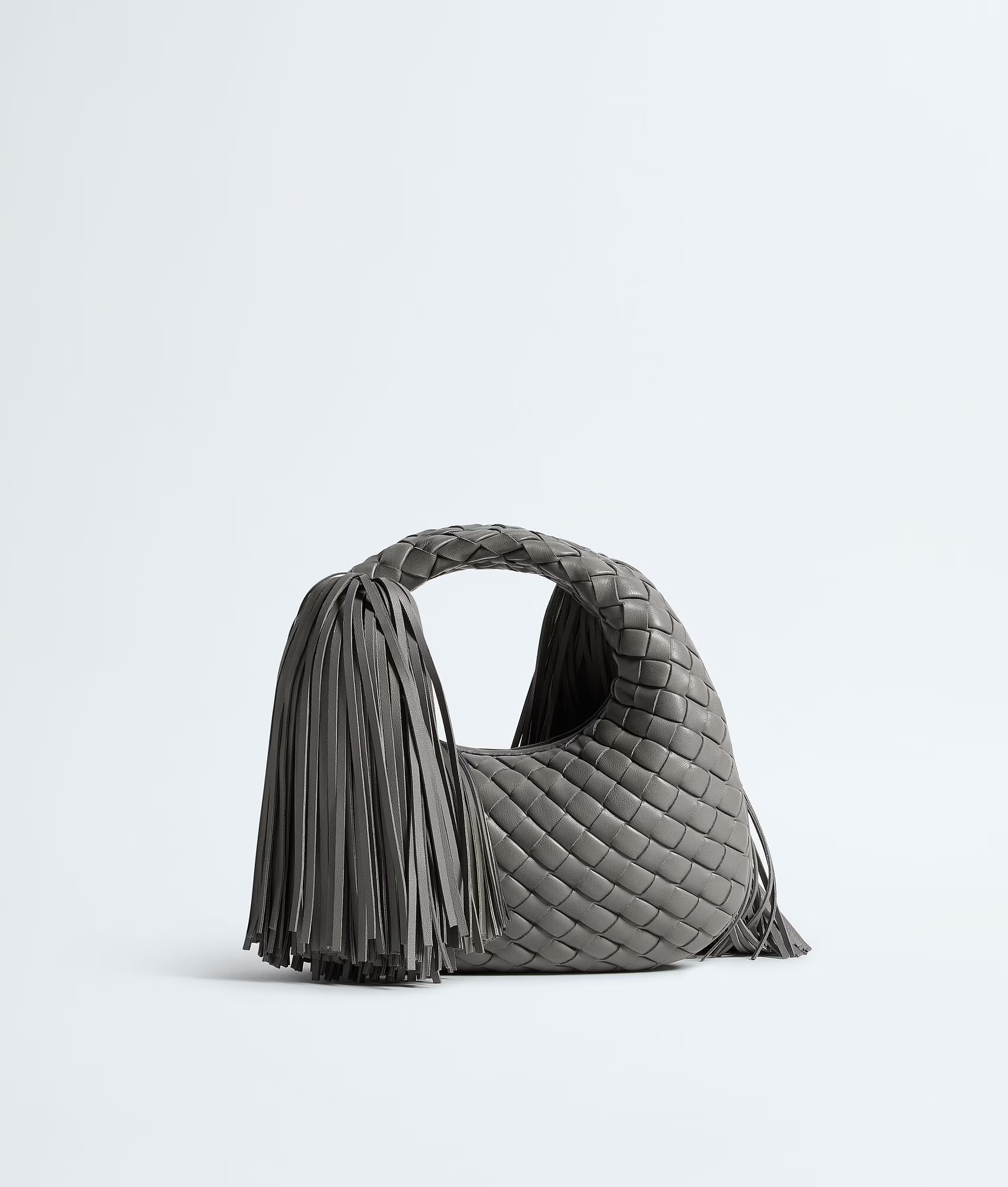SONIA RYKIEL
Rebel with a cause

The fashion industry lost an icon of originality this week with the passing of Parisian designer Sonia Rykiel. Best known for her signature crimson bobbed head of hair and her effortless womenswear, celebrating elevated comfort with her famous knitwear and ageless designs, Rykiel was a champion of the multi-tasking modern woman, eschewing popular trends and blazing her own path, which resulted in a successful career in fashion that spanned over 50 years.

The story of how Rykiel got her start in fashion is as timeless as it is legendary. Pregnant with her second child in 1961, she was unimpressed with the maternity styles of the day, so the expectant mother began creating her own designs that celebrated her growing midsection rather than concealing it. By 1968, Rykiel had opened her first storefront on Rue de Grenelle in the vibrant and bohemian neighbourhood of St. Germain, turning her passion for wearable, fashionable women’s clothing into a career.



Timing had a huge impact on the success of Rykiel’s designs. By the end of the 60’s, women were exploring their sexuality through clothing, no longer bound by the arcane, lady like standards of previous generations. Rykiel celebrated that freedom through her famous striped “poor boy” knitwear, playing off masculine and feminine notions of dressing. She has been compared to Coco Chanel more than once for her ability to liberate a new generation of women from the dressing habits of their elders, breaking traditions both on and off the runway. Rykiel was one of the first designers to play with the idea of reversible clothing, turning coats and dresses inside out and exposing seams and hems in a new, fashionable manner. She was also on the forefront of emblazoning personal slogans and mottos on clothing, displaying the word “sensuous” across sweaters long before Alexander Wang and Vetements brought their logos to the downtown crowd. She turned runway shows into a social event, sending smiling models down the catwalk in friendly groups of interacting women, as opposed to the stiff faced mannequins parading for other designers.



In 2012, Rykiel published a book titled “N’Oubliez Pas Que Je Joue,” or, “Don’t Forget That I’m Acting” in which she revealed that she had been struggling with Parkinson’s for over 15 years, the disease to which she eventually succumbed. Although Rykiel had retired back in 2009, her legacy of Parisian style and effortless femininity remains at the soul of her brand. Like Chanel before her, she was a true pioneer and champion of women dressing for themselves, renouncing the trends of the day and following their own paths.

Written by LIZ KRAMSKY





